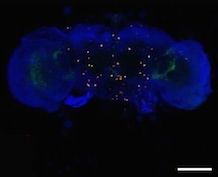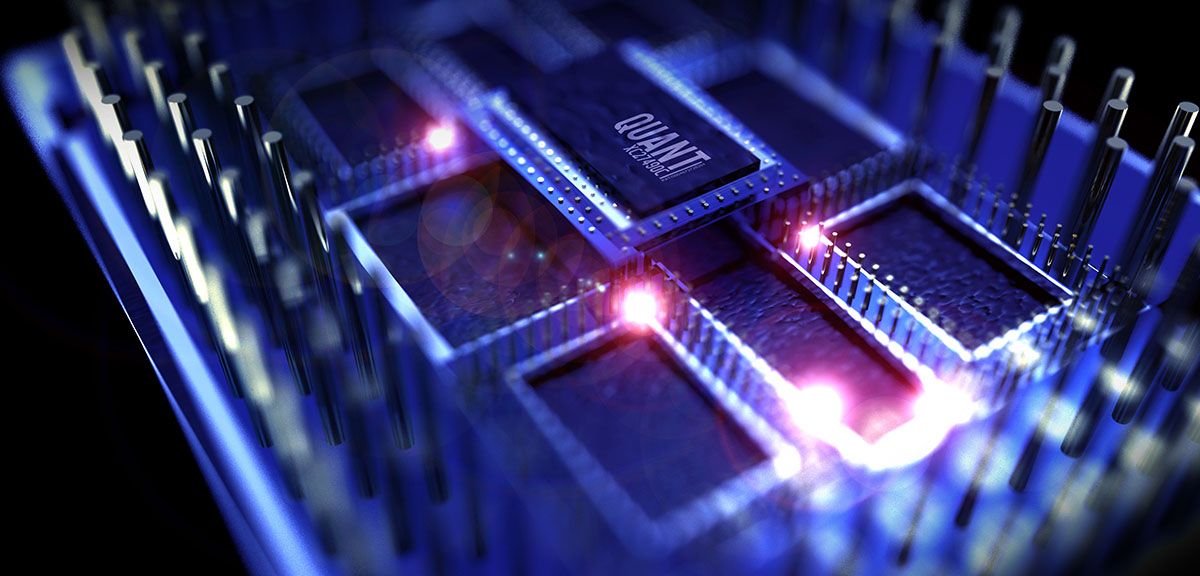Page 10639
Dec 6, 2016
Tern Tailsitter Drone: Pilot Not Included
Posted by Karen Hurst in categories: drones, military, robotics/AI
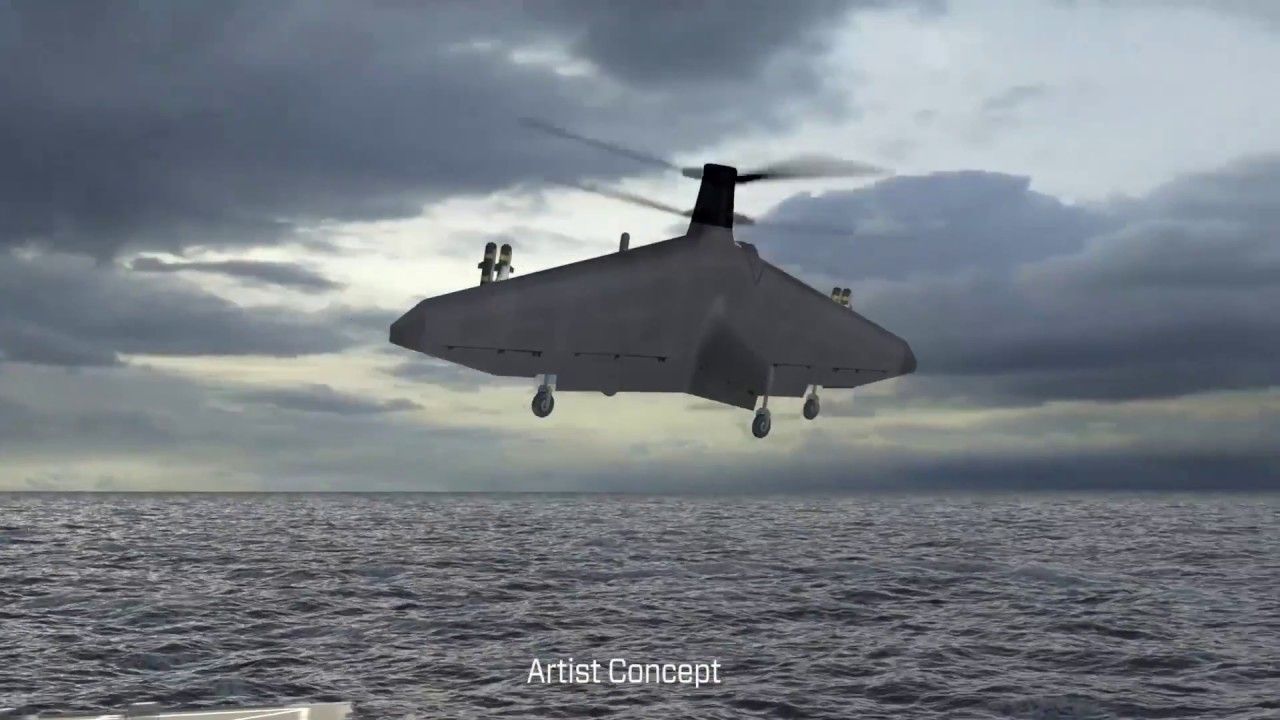
One of the oddest military drones aborning reinvents a stillborn technology from 1951. That’s because the unmanned aircraft revolution is resurrecting configurations that were tried more than a half century ago but proved impractical with a human pilot inside. The case in point: Northrop Grumman’s new Tern, a drone designed to do everything armed MQ-1 Predators or MQ-9 Reapers can, but to do it flying from small ships or rugged scraps of land – i.e., no runway needed.
“No one has flown a large, unmanned tailsitter before,” Brad Tousley, director of the Tactical Technology Office at the Defense Advanced Research Projects Agency (DARPA), Tern’s primary funder, said in a news release. The key word there is “unmanned.”
Continue reading “Tern Tailsitter Drone: Pilot Not Included” »
Dec 6, 2016
Advanced Radioactive Threat Detection System Completes First Large-Scale Citywide Test
Posted by Karen Hurst in categories: genetics, mobile phones, terrorism
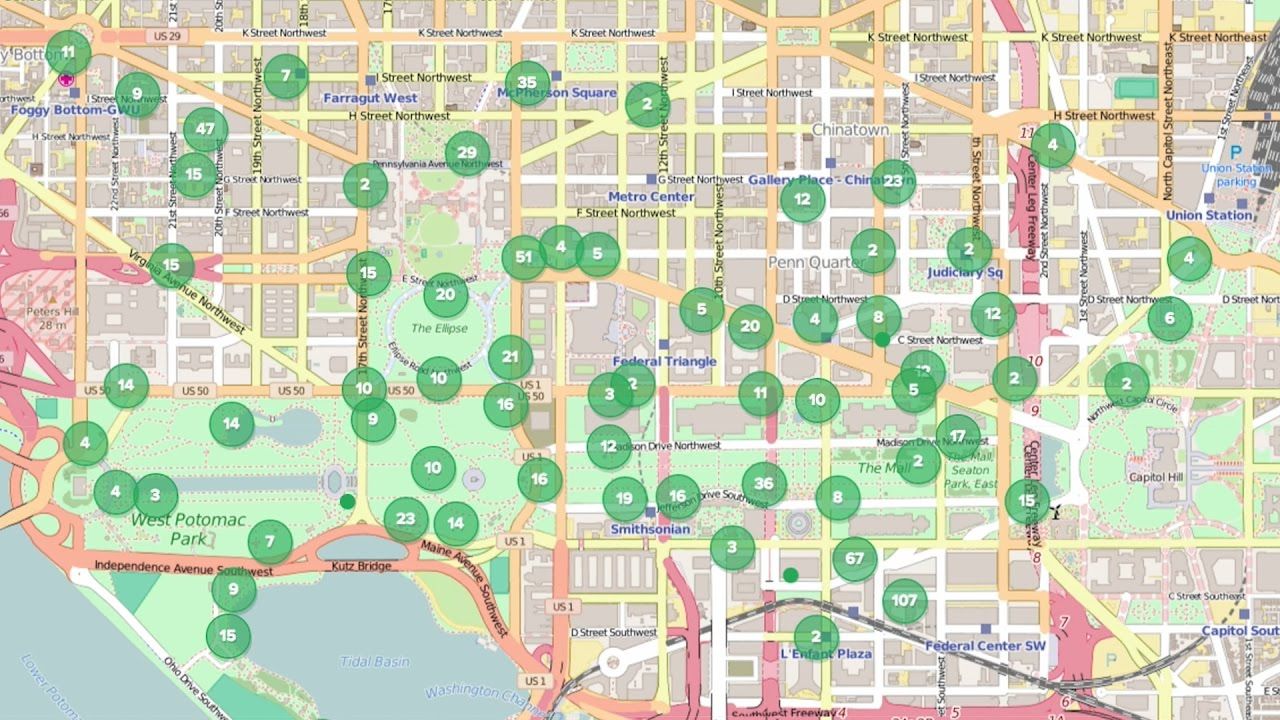
The following press release was written and and published by the Defense Advanced Research Projects Agency (DARPA) and originally published on their website. Click here to see the original version of this post.
On a recent sunny fall day in the nation’s capital, several hundred volunteers—each toting a backpack containing smartphone-sized radiation detectors—walked for hours around the National Mall searching for clues in a “whodunit” scavenger hunt to locate a geneticist who’d been mysteriously abducted. The geneticist and his abduction were fictitious. But the challenge this scavenger hunt was designed to address is real: The need to detect even small quantities of radioactive material that terrorists might try to bring into an urban area with the intent of detonating a “dirty bomb,” or worse. By getting volunteers to walk all day looking for clues, the DARPA-sponsored exercise provided the largest test yet of DARPA’s SIGMA program, which is developing networked sensors that can provide dynamic, real-time radiation detection over large urban areas.
Dec 6, 2016
Pilotless planes may be landing at airports by 2020
Posted by Karen Hurst in categories: robotics/AI, transportation
In 3 years; can you imagine that?!
Not a week goes by without an update regarding headway made by one automobile manufacturer or another testing out their self-driving prototypes. Some have even started testing the vehicles on site, exciting all who want to embrace a future where self driving vehicles are a common site.
That future is not too far off, but imagine a future where airplanes fly without pilots.
Continue reading “Pilotless planes may be landing at airports by 2020” »
Dec 6, 2016
Logic of Signaling
Posted by Karen Hurst in categories: biotech/medical, computing, genetics, neuroscience
Why Synbio computing is where we ultimately want to more and more progress towards especially once the basic infrastructure is updated with technology like QC.
Cells are often likened to computers, running an operating system that receives signals, processes their input, and responds, according to programming, with cellular output. Yet untangling computer-like pathways in cells is anything but simple, say Denise Montell, professor at the University of California, Santa Barbara, and Aviv Regev, a Howard Hughes Medical Institute investigator at the Massachusetts Institute of Technology and the Broad Institute. However, both are eager to try and will outline their latest efforts at the “Logic of Signaling” symposium at the 2016 ASCB Annual Meeting.
“My lab is understanding how cells maintain and build normal tissues. We’re studying cellular behaviors that underlie normal behavior and tumor metastasis, a great unsolved question in cancer,” Montell said. Her lab recently discovered that cells can bounce back from the brink of apoptotic cell death. “This wasn’t known before so now we’re looking at how cells do it, when do they do it, under what circumstances, and what does it mean,” Montell said.
Dec 6, 2016
Thieves can use web bots to guess your Visa card details
Posted by Karen Hurst in category: robotics/AI
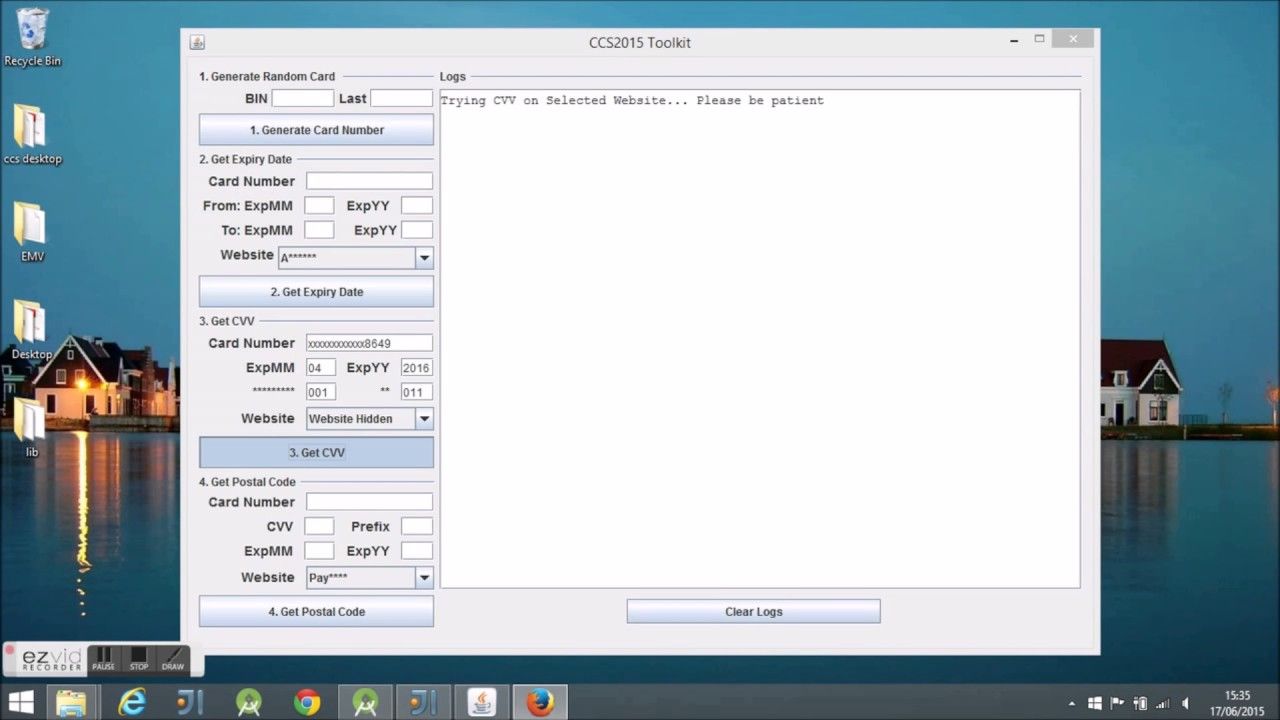
https://youtube.com/watch?v=uwvjZGKwKvY
Hope you had a great Cyber Monday.
It takes just 6 seconds to get the right numbers.
When a human passes away, we create a tombstone as a memorial. Friends and family visit a grave to remember the times they had with that person while they were still alive. Memorial bots are another way to celebrate the life of someone who has passed away. A memorial bot is created by taking the messages sent by a deceased person and passing it through a machine learning model in order to make a bot that replicates the deceased person.
Eugenia Kuyda is the CEO of Luka, a company that builds AI products. When her friend Roman Mazurenko suddenly died, she worked with her team to make a bot that replicates his speech patterns. In our interview, we discussed memorial bots, deep learning, and the product Luka is working on–Replika, a personal AI friend for anyone.
Dec 6, 2016
DARPA Creating Industry/Government Group for Safe Operation of Space Robotics
Posted by Karen Hurst in categories: government, robotics/AI
Starting to think that I need to be at DARPA.
Consortium For Execution of Rendezvous and Servicing Operations (CONFERS) envisions consensus-based technical standards that would encourage responsible on-orbit commercial servicing operations.
Dec 6, 2016
US Lead in Quantum Computing ‘Under Siege,’ Says White House Cyber Adviser
Posted by Karen Hurst in categories: computing, quantum physics
Dec 6, 2016
New Developments in Quantum Computing Impact Bitcoin
Posted by Karen Hurst in categories: bitcoin, computing, encryption, information science, quantum physics
Quantum computing might be closer than we thought, thanks to a series of newly developed scientific methods. Furthermore, a new implementation of Shor’s algorithm increases the urgency of getting Bitcoin ready for the advent of quantum computing.
Also read: NIST Starts Developing Quantum-Resistant Cryptography Standards.



